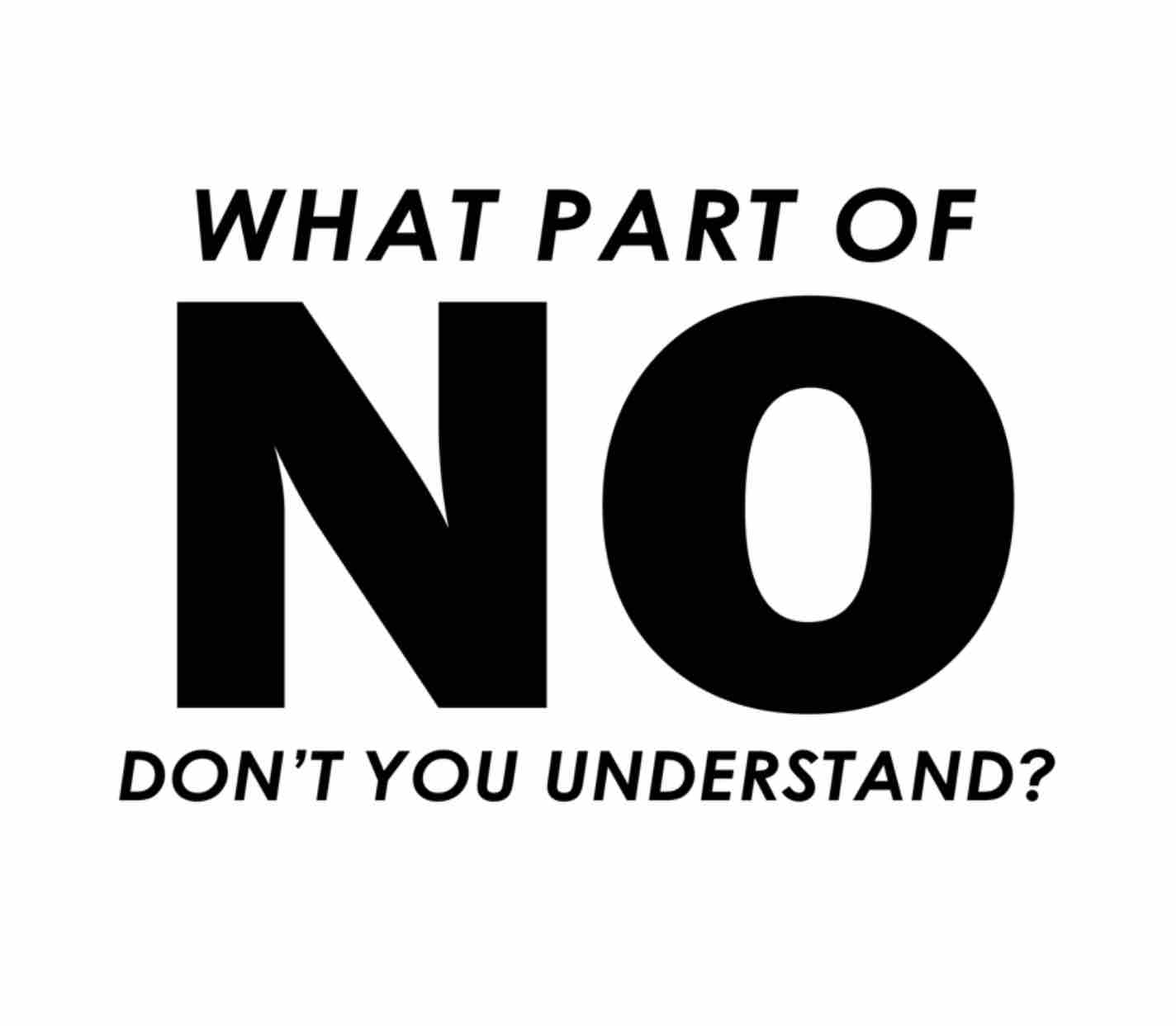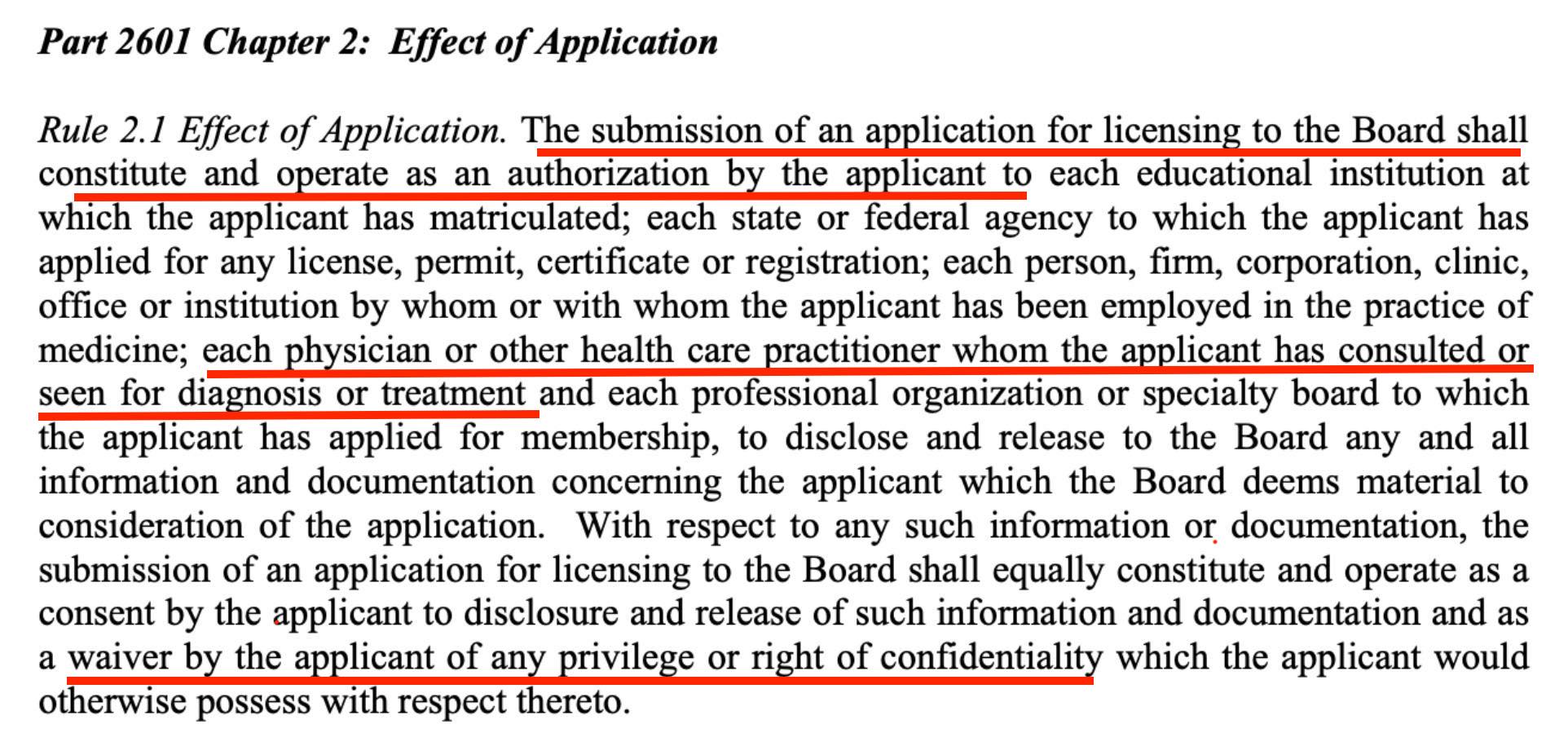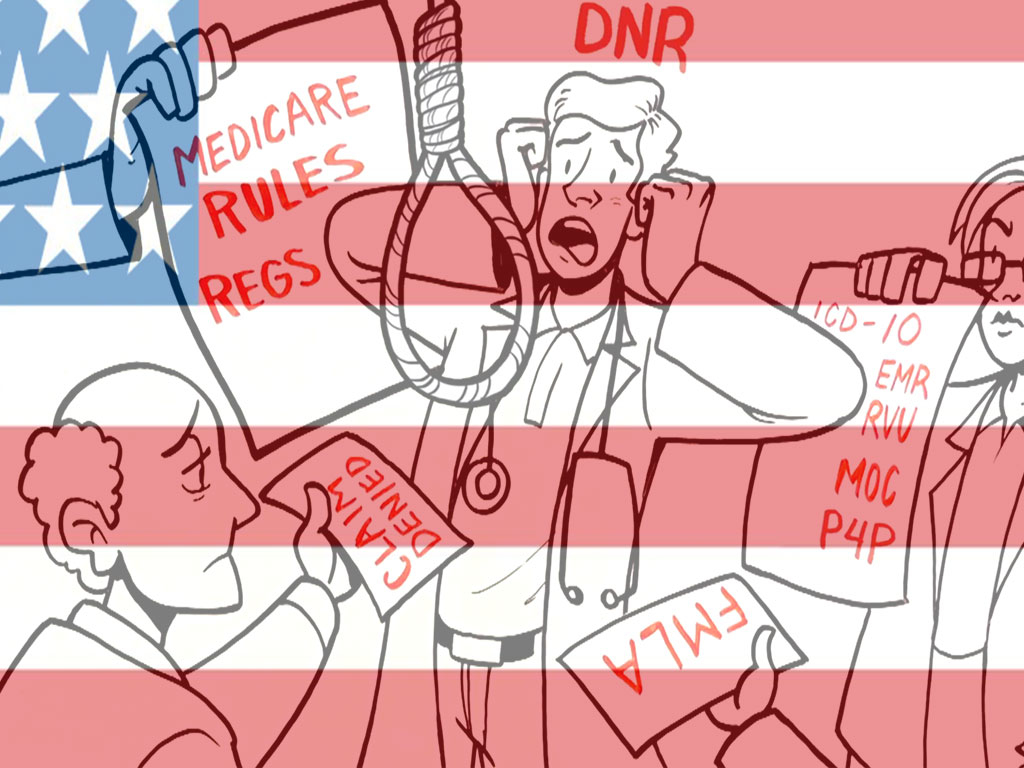(Video above & full transcript below)
When I read The Guardian article, “US surgeons are killing themselves at an alarming rate. One decided to speak out,” I felt like throwing up.
I’m sickened so many surgeons are dying. I’m grateful Dr. Cunningham is speaking out. I’m relieved she is alive.
But I felt nauseated that Carrie Cunningham’s pain is being used to tout physician “health” programs (PHPs) as the solution to physician suicide while these programs have actually led to doctor suicides.
Since 2012, I’ve run a free doctor suicide helpline. I spent thousands of hours listening to the hidden suffering of my peers.
Although some doctors with true substance use disorders find PHPs lifesaving, others die by suicide in these programs—yet I cannot find any major media articles on these dead physicians.
I know 23 doctors who died in these so-called health programs. None can speak out. None can respond to this article. So, on their behalf, I must.
Standing on the red carpet to deliver my TEDMED talk, Why doctors kill themselves—I was introduced as the “Physician’s Guardian Angel.” So I cannot remain silent when my peers suffer injustice.
One week before The Guardian article debuted, I detailed how PHP abuses have led to doctor suicides in a letter to the Department of Justice, published in its entirety below:
* * *
September 17, 2023
Attention: Department of Justice, Civil Rights Division
Today is National Physician Suicide Awareness Day, and I wish to make you aware of doctor suicides resulting from Title II ADA violations by medical licensing boards (MLBs) and their exclusively authorized and contracted physician health programs (PHPs).
MLB-PHP violations are many—impermissible inquiry, discriminatory medical exams, excessive testing, lack of individualized case analysis, refusal of accommodations, to name a few.
But I’m not writing to call your attention to a list of violations. I’m writing to speak for those who no longer can: 23 compassionate, competent, dedicated doctors whose deaths were directly related to willful violations of law by PHPs, both empowered and immunity-protected by their state medical boards.
In 2012, after three doctor suicides in my town, I urged local reporters to cover these tragedies. They refused. Outraged, I felt compelled to investigate this alarming phenomenon on my own.
Since then, I’ve run a free physician suicide helpline. I’ve heard from countless US physicians who became suicidal under the “care” of a PHP. Mistreatment so unfathomable, I was in disbelief—until others reported the same tactics employed by their state PHPs.
A few common themes:
Physicians forced into PHP evaluations following anonymous, unsubstantiated tips (often retaliatory) with no avenue to explore or appeal allegations of disability or impairment.
PHPs endorsing unfounded diagnoses of substance misuse via non-FDA-approved, non-SAMHSA-condoned drug tests known for false positive results.
Physicians with no history of drug/alcohol use automatically enrolled in costly out-of-state inpatient faith-based abstinence programs—followed by five years of drug monitoring and AA attendance.
Nonphysician bureaucrats recklessly endangering doctors’ lives by overriding their established psychiatrist’s treatment plan with PHP “one-size-fits-all” protocols.
To keep their medical license, doctors must “voluntarily” agree to travel out-of-state to “PHP-preferred” facilities where they may be interrogated via polygraph during a 4-day multidisciplinary evaluation for up to $10,000 cash (no insurance accepted).
Physicians who cannot afford to pay thousands of dollars to these for-profit “PHP-preferred” rehabs get reported to their board as “noncompliant,” usually resulting in license revocation with automatic entry into National Practitioner Data Bank, rendering the physician unemployable.
MLBs then publicly disclose physicians’ disability-related license revocation, HIPAA-protected health information (detailing unsupported, yet unchallengeable misdiagnoses)—all published on the World Wide Web in perpetuity.
I’ve twice implored Oregon Medical Board (OMB) to track doctor suicides in our state. They refused. While touting their success in self-funded unverifiable “studies,” state PHPs also lack transparency, failing to investigate their own physician suicides.
Legitimate accredited health facilities are required to report suicides as sentinel events to Joint Commission, perform internal case analysis, and correct deficiencies. The MLB-PHP complex behaves as if it is above the law—refusing to disclose suicide incidence, declaring “study participants lost to follow-up” while concealing rights deprivations contributing to their deaths.
Distraught by OMB’s refusal to collect doctor suicide data while my peers were dying in board-ordered PHPs known for mishandling physician mental health and impairment allegations, I began tracking these doctor suicides.
I’ve now catalogued 23 PHP suicides by name, date, specialty, location, method of death, and circumstances. For in-depth documentation (including video interviews with PHP victims and their family members in the aftermath of these doctor suicides), please contact me.
* * *
I thank Christina Frangou for her compelling article on Dr. Cunningham—a stellar surgeon who was never a danger to her patients. No wonder she wanted to throw up when the PHP declared her “unfit” to practice medicine and mandated years of random testing for drugs she’d never done in her life.
PHPs claim to counter the “myth that illness automatically means impairment,” while concurrently labeling competent physicians as “impaired.” Forcing physicians to abandon thousands of patients endangers the lives of doctors—and their patients (who have also died by suicide).
As an award-winning journalist specializing in health, medicine, and social issues, you’ll likely be disturbed by the dark side of the forced physician rehab industry that makes millions off the suffering of our vulnerable doctors.
I respectfully request a follow-up piece about doctors who have died in physician health programs. Their voices deserve to be heard.
Thank you.
Pamela Wible, M.D.
View TV Investigative Report: Doctors fear PHPs—why physicians won’t ask for help
















